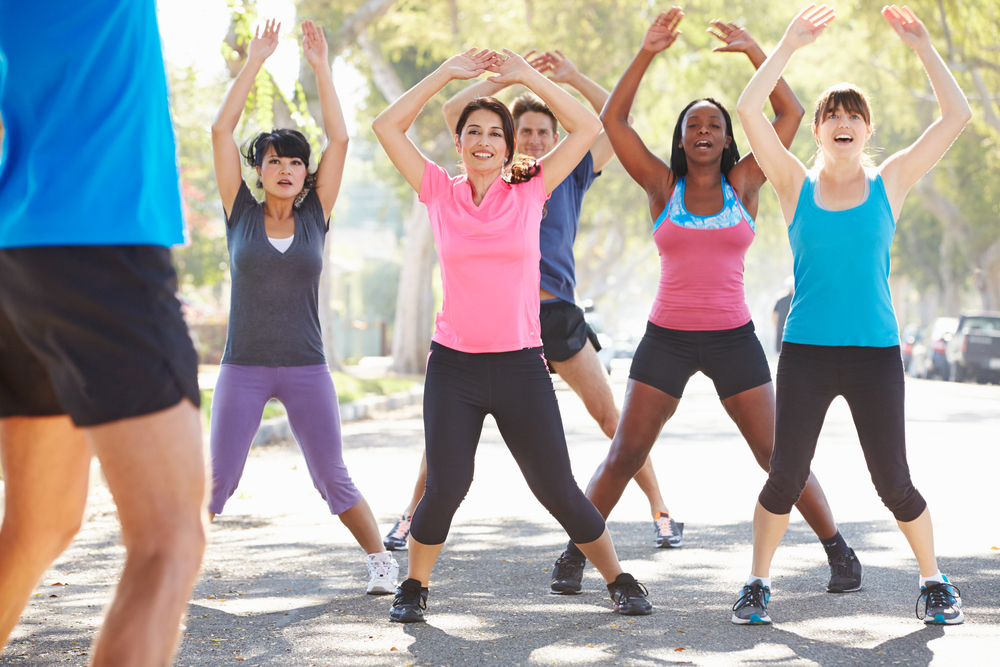#ECTRIMS2016 – MS Patients’ Perceptions of Exercise Key to Their Participation
Written by |

Interventions that aim to improve multiple sclerosis (MS) patients’ participation in physical activities need to take into account psychosocial constructs, such as their belief in their abilities and their expectations as to outcomes, in order to succeed.
The finding, presented at the European Committee for Treatment and Research in Multiple Sclerosis (ECTRIMS) 2016 Congress taking place in London (Sept. 14–17), is crucial both to informing the design of future interventions and to filling the gaps in current studies on the topic, researchers said.
The presentation, “Modifiable psychosocial constructs associated with physical activity participation in people with multiple sclerosis: a systematic review and meta-analysis,” was part of the RIMS Parallel Session 1: “Multi-Disciplinary Rehabilitation” on the meeting’s second day.
Despite the general consensus that physical activity is beneficial for MS patients, participation in activities is generally low. For this reason, the research team from the University of Limerick, in Ireland, thought to identify specific values, beliefs, and opinions — so-called psychosocial constructs — that might be modified in ways that improve participation in physical activity, as identified through previously published studies of exercise interventions for MS patients.
The analysis included both intervention studies and those comparing different groups of patients. In total, 26 studies were included in the analysis.
Researchers found that self-efficacy — the strength of a person’s belief in the ability to complete tasks and reach goals — was linked to both subjectively and objectively measured physical activity. This indicated that people who believed in their ability to succeed engaged more often in such activity.
Goal-setting and expectations that one’s behavior will lead to specific outcomes were also linked to higher participation in exercise.
Researchers noted that also other constructs, such as measures of health beliefs, enjoyment, social support, and perceived benefits and barriers were reported to be significantly correlated with physical activity in some of the studies. But the number of studies with these factors were to low to include them in the analysis.
Studies of interventions aiming to modify these behaviors showed that goal-setting, but not self-efficacy, improved significantly after the intervention, also mediating a change in physical activity.
“Future PA [physical activity] interventions should continue to focus on the psychosocial constructs of self-efficacy, goal-setting, and outcome expectancies. However, there is a need to explore the associations between other constructs outside of those reported in this review,” the team concluded in its ECTRIMS’ abstract.


